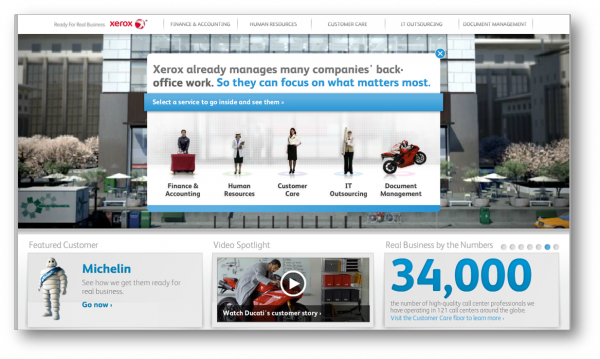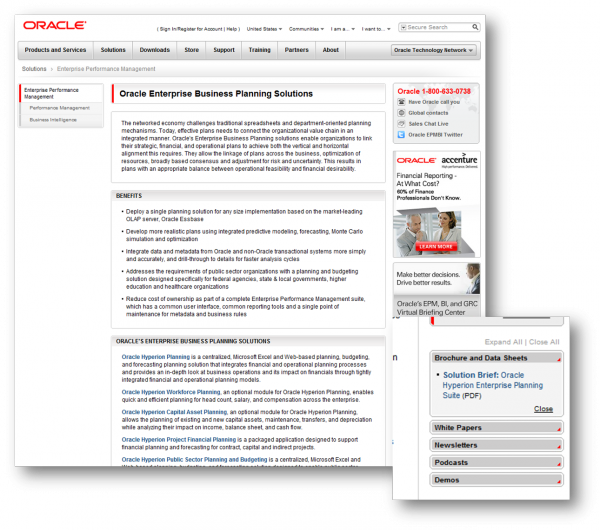Are you sending your hard-won search traffic to a …com or a .com?
A Landing Page Is A Complete Sentence
Your B2B search traffic should not be asked to fill in the blanks like a sentence that ends in an ellipsis. You may introduce confusion, insecurity, distress, or uncertainty.
Your home page is often guilty of asking the visitor to figure out what lies between their search and your solution.
A landing page or microsite offers a complete sentence.
There are three main parts to a sentence,and your landing pages should contain them all. Every sentence should have the following form:
You should do a specific thing to get an answer to your immediate questions.
You Are Not The Subject
The first part of your .com sentence is the subject. You are not the subject, your visiting searcher is.
Do your pages start with your company name, your product, or the pronoun “We”? If so, I suspect your page is about you. It’s hard to complete a sentence when you’re talking about yourself.
We are…
If so, you have taken your searchers to a www.oursite…com.

A search for “enterprise business planning” brings us to this page. We learn a lot about Xerox from Xerox on their landing page, but what about my enterprise business planning questions?
The Verb Is The Action
Just because our visitors are the action, doesn’t mean we don’t want them to do something that helps our business. Your call to action should be clear and obvious.
Of course, this can be a problem when we expect searchers in all parts of the sales funnel.

Oracle responds to my “enterprise business planning” query with a lot of features and benefits. Their calls to action are muted, however. If I’m not determined to find the next step toward my questions, I’ll miss the payoff.

A search for “Cognos 10″ brings me to this landing page. DataClarity has three verbs in their landing sentence: request a demo, get a quote, or read a 572-page eBook. Their sentence is
You should do this or that or the other to answer your immediate questions.
This is a page with a period.
You Are Not The Object
The object of your sentence is the goal of the searcher. It is your offer. Your destination, whether a landing page or microsite should focus on the offer, not your business or products.
This may be surprising. It’s hard not to talk about yourself when marketing. It is a waste of pixels for a searcher trying to understand their problem.
If you find yourself with a high bounce rate from your search traffic, you are probably putting desires ahead of your visitor’s questions.

In response to my query “enterprise business planning,” SAP offers a list of resources that could answer my questions. However, clicking on any of them opens a onerous form. It makes me wonder what I’m getting myself into.
You should do a specific thing to get an answer to our immediate questions, and then…
The few leads this experience might generate may be highly motivated, if they are willing to give you their address, phone number, title and more without knowing what they are getting. Those early in their research will be missed.
